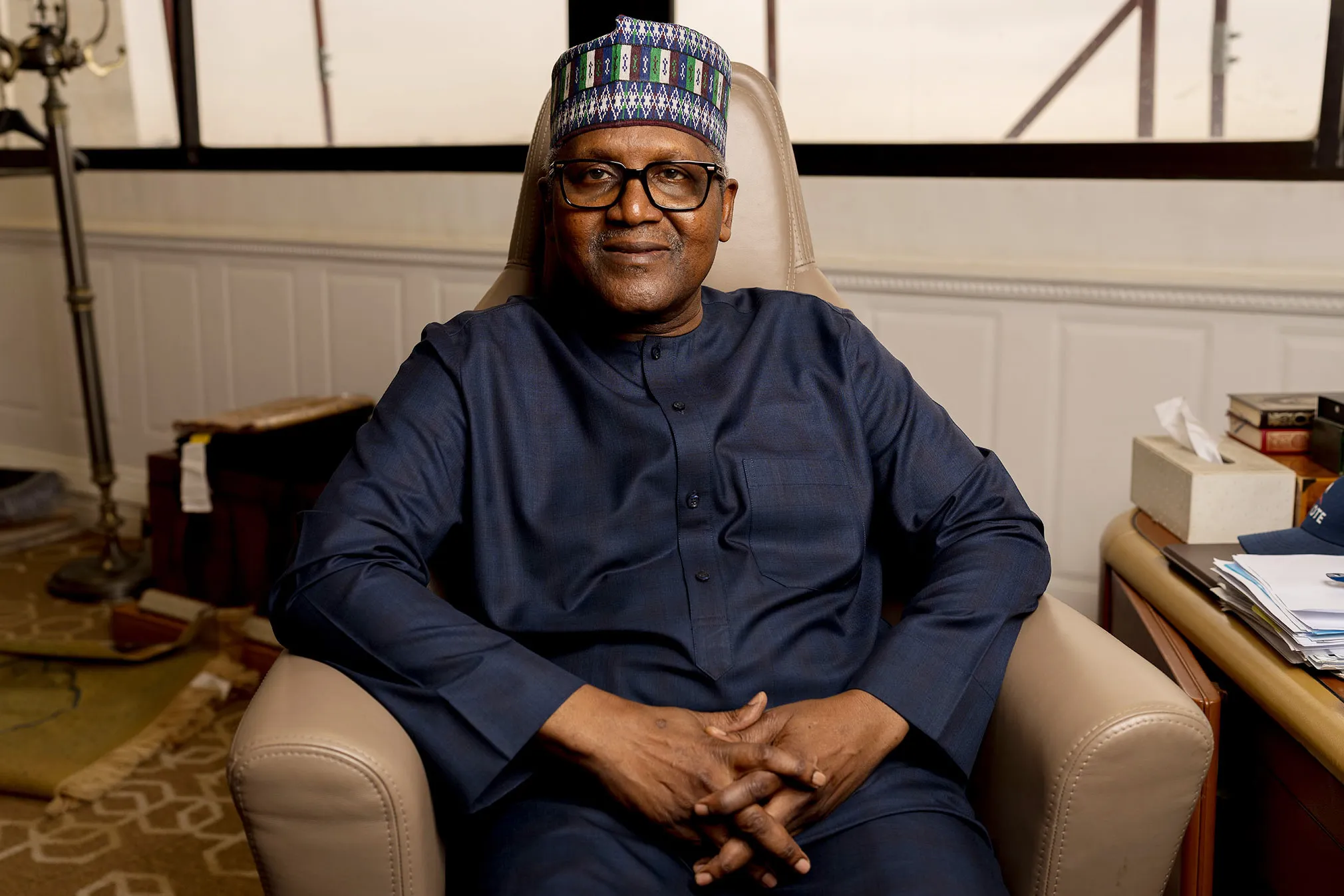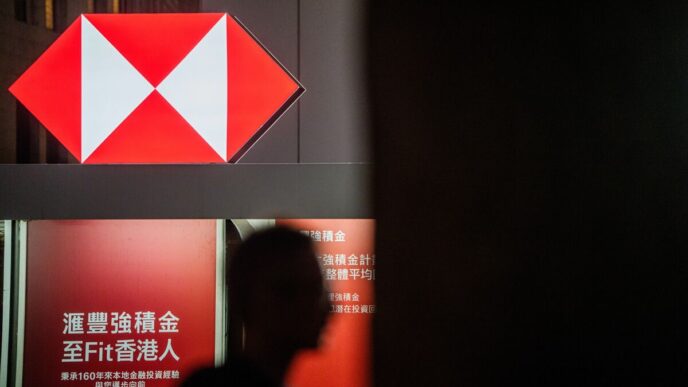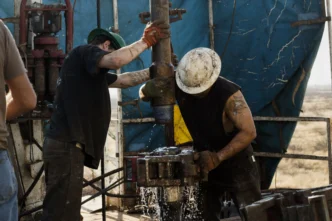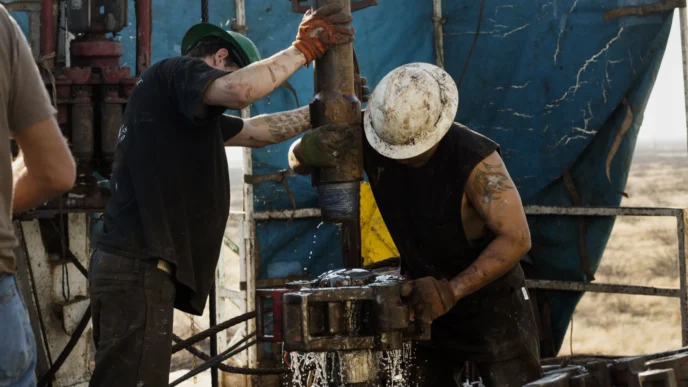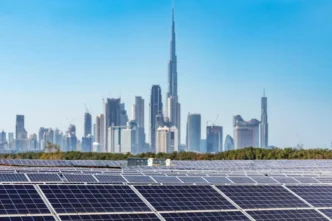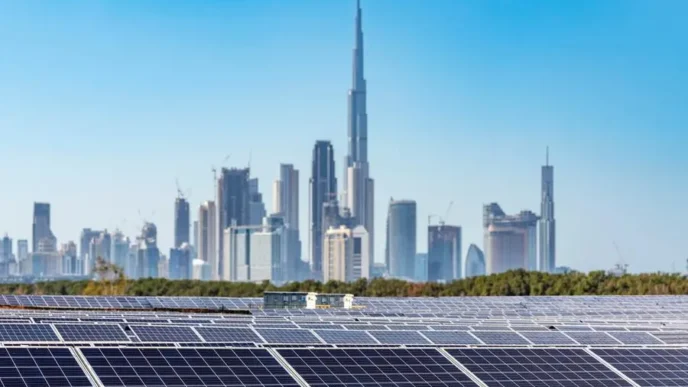Aliko Dangote, Africa’s richest man, has built his reputation on cement, sugar, and other industries that dominate Nigeria’s economy. Now, with the completion of his colossal oil refinery outside Lagos, he is poised to transform Africa’s energy landscape. The $20 billion Dangote Refinery is being hailed as the largest of its kind on the continent and one of the biggest in the world.
The stakes are enormous: for Nigeria, which imports the majority of its refined petroleum despite being Africa’s top crude oil producer, the refinery could be a turning point. For Dangote, it could cement his place not only as Africa’s wealthiest businessman but also as its most powerful industrialist. Yet critics question whether the project will deliver broad economic benefits or primarily enrich one man and his empire.
The Refinery That Could Reshape Nigeria
Located in the Lekki Free Trade Zone near Lagos, the Dangote Refinery has a projected capacity of 650,000 barrels of crude oil per day. Once fully operational, it will not only meet Nigeria’s domestic fuel needs but also create surplus capacity for exports across Africa.
For decades, Nigeria’s lack of functional refining capacity has been a national paradox. Despite its vast oil reserves, the country spends billions annually importing gasoline, diesel, and jet fuel. Subsidies and inefficiencies have drained public coffers, while corruption and mismanagement plagued state-owned refineries. Dangote’s facility promises to change that equation, potentially saving Nigeria up to $10 billion a year in fuel imports.
A New Industrial Empire
Dangote’s move into refining is the culmination of years of planning. His conglomerate, the Dangote Group, already dominates multiple sectors in Nigeria, from cement production to food processing. With the refinery, he is entering a space long seen as politically fraught and economically risky.
By controlling both upstream (via crude supply deals) and downstream (fuel distribution) operations, Dangote positions himself at the center of Nigeria’s most critical industry. Supporters say this is exactly the kind of private-sector initiative needed to revive the economy, reduce dependence on imports, and create jobs.
Potential Benefits for Nigeria
The economic implications could be transformative:
- Reduced Fuel Imports – Nigeria could slash its dependence on foreign refiners, keeping billions of dollars circulating within the local economy.
- Export Potential – The refinery may turn Nigeria into a net exporter of refined petroleum products, strengthening its trade balance.
- Job Creation – Tens of thousands of jobs are expected, both directly and indirectly, through the refinery and its associated industries.
- Infrastructure Development – The project has spurred investment in roads, ports, and power generation, potentially benefitting surrounding communities.
Critics Sound the Alarm
But not everyone is convinced that Dangote’s refinery will serve the national interest. Critics warn that by consolidating so much control in a single private company, Nigeria risks replacing one form of dependency with another.
Some economists argue that Dangote’s dominance could limit competition, giving him outsized influence over fuel prices and supply. Others point to Nigeria’s history of crony capitalism, questioning whether political connections rather than market efficiency enabled Dangote to secure favorable loans and government support for the project.
Transparency advocates stress that without strong regulatory oversight, the refinery could entrench monopolistic practices, making Dangote richer while ordinary Nigerians see little improvement in living standards.
A Symbol of Nigeria’s Larger Struggles
The refinery encapsulates the contradictions of Nigeria’s development story. On the one hand, it represents a bold private-sector solution to a long-standing national failure. On the other, it underscores how the state has often abdicated responsibility, relying instead on wealthy individuals to provide critical infrastructure.
For Dangote, the refinery could be the crowning jewel of a business empire that already spans much of Africa. For Nigeria, the question remains whether this mega-project will finally deliver energy security and economic relief—or simply reinforce the concentration of wealth and power in the hands of its richest citizen.
Looking Ahead
As operations ramp up, the world will watch closely. If the refinery delivers on its promises, it could become a model for industrial transformation in Africa. If it fails—or benefits only a narrow elite—it may deepen the skepticism around billionaire-led development.
Either way, Dangote has already reshaped the narrative of what is possible in Africa’s energy sector. The ultimate verdict on whether this venture serves the Nigerian people—or primarily serves Dangote himself—will unfold in the years ahead.


